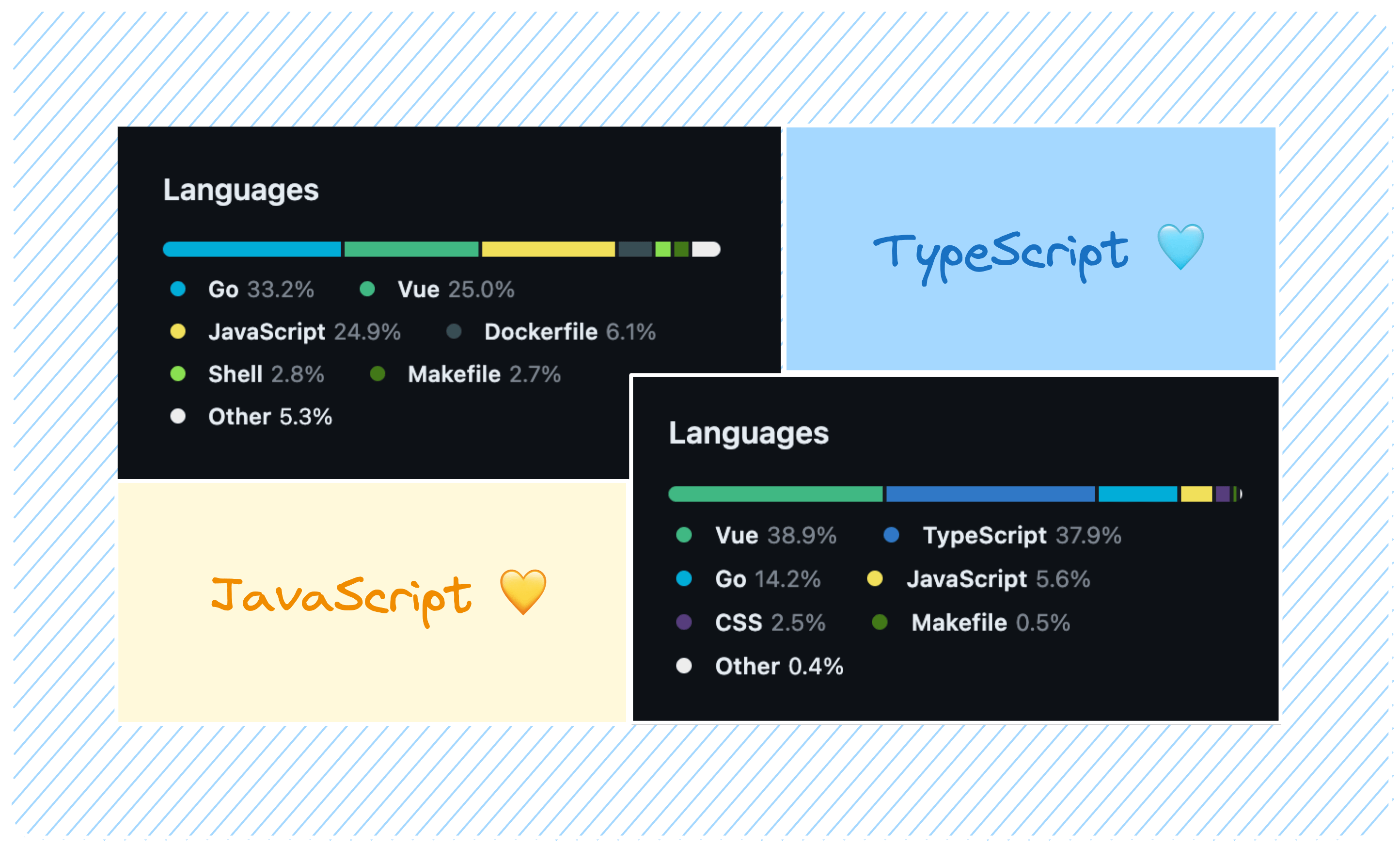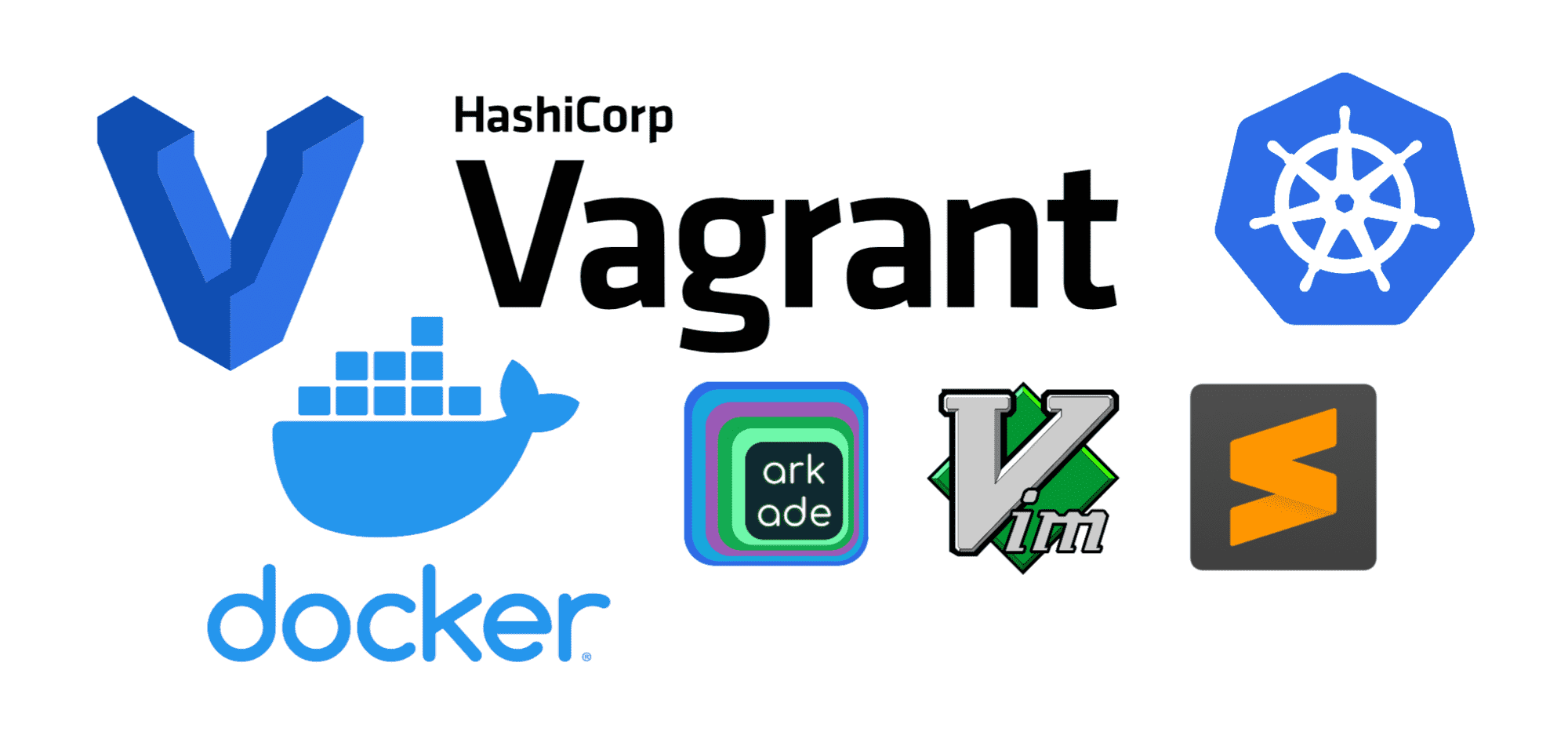I use a (rather oldish) MacBook for my day-to-day development tasks. But I prefer keeping my host operating system free of development stuff. This strategy has the following benefits:
- Increasing reproducibility of my code - it often happened to me in the past that some code worked on my machine but didn't work on others; usually, it was due to missing dependencies. Developing multiple projects on the same machine makes it harder to track what libraries and packages are required for what project. So, now I always try to have an isolated environment per project.
- Testing code on the target platform - most of my projects have something to do with server-side and infra stuff; hence the actual target platform is Linux. Since I use a MacBook, I spend a lot of time inside virtual machines running the same operating system as my servers do. So, I'd need to duplicate the development tools from my macOS on every Linux OS I happen to use.
- Keeping the host operating system clean and slim - even if I work on something platform-agnostic like a command-line tool, I prefer not to pollute my workstation with the dev tools and packages anyway. Projects and domains change often, and installing all the required stuff right into the host operating system would make it messy real quick.
- Decreasing time to recover in case of machine loss - a single multi-purpose machine quickly becomes a snowflake host. Coming up with the full list of things to reinstall in the case of a sudden machine loss would be hardly feasible.
Since I usually work on several projects at the same time, I need not one but many isolated development environments. And every environment should be project-tailored, easy to spin up, suspend, and, eventually, dispose. I figured a way to achieve that by using only a few tools installed on my host operating system, and I'm going to share it here.
The approach may be helpful for folks using macOS or Linux:
- to work on server-side and full-stack projects
- to do Linux systems programming
- to play with Cloud Native stack
- to build some cool command-line tools.
Read more

